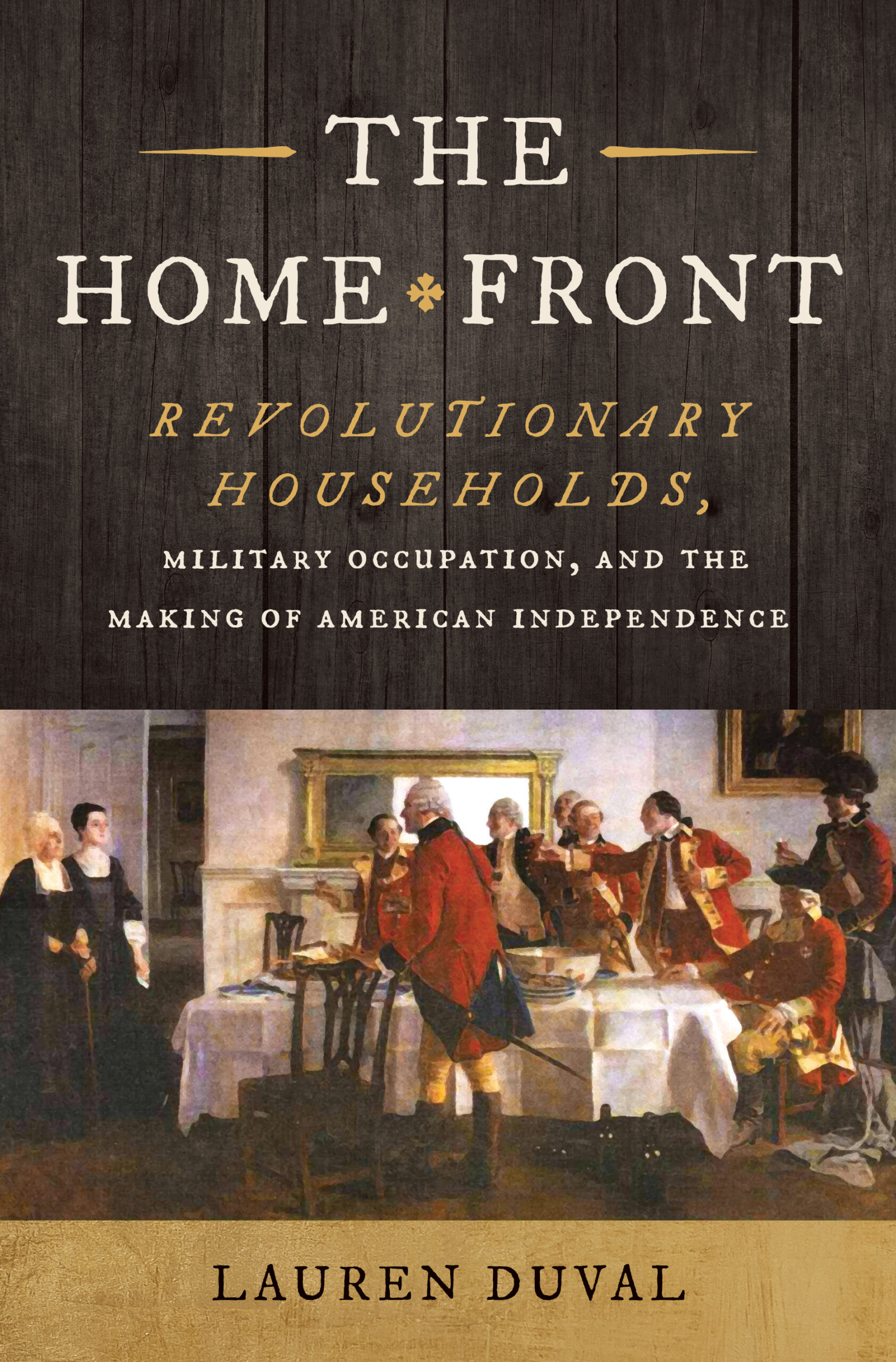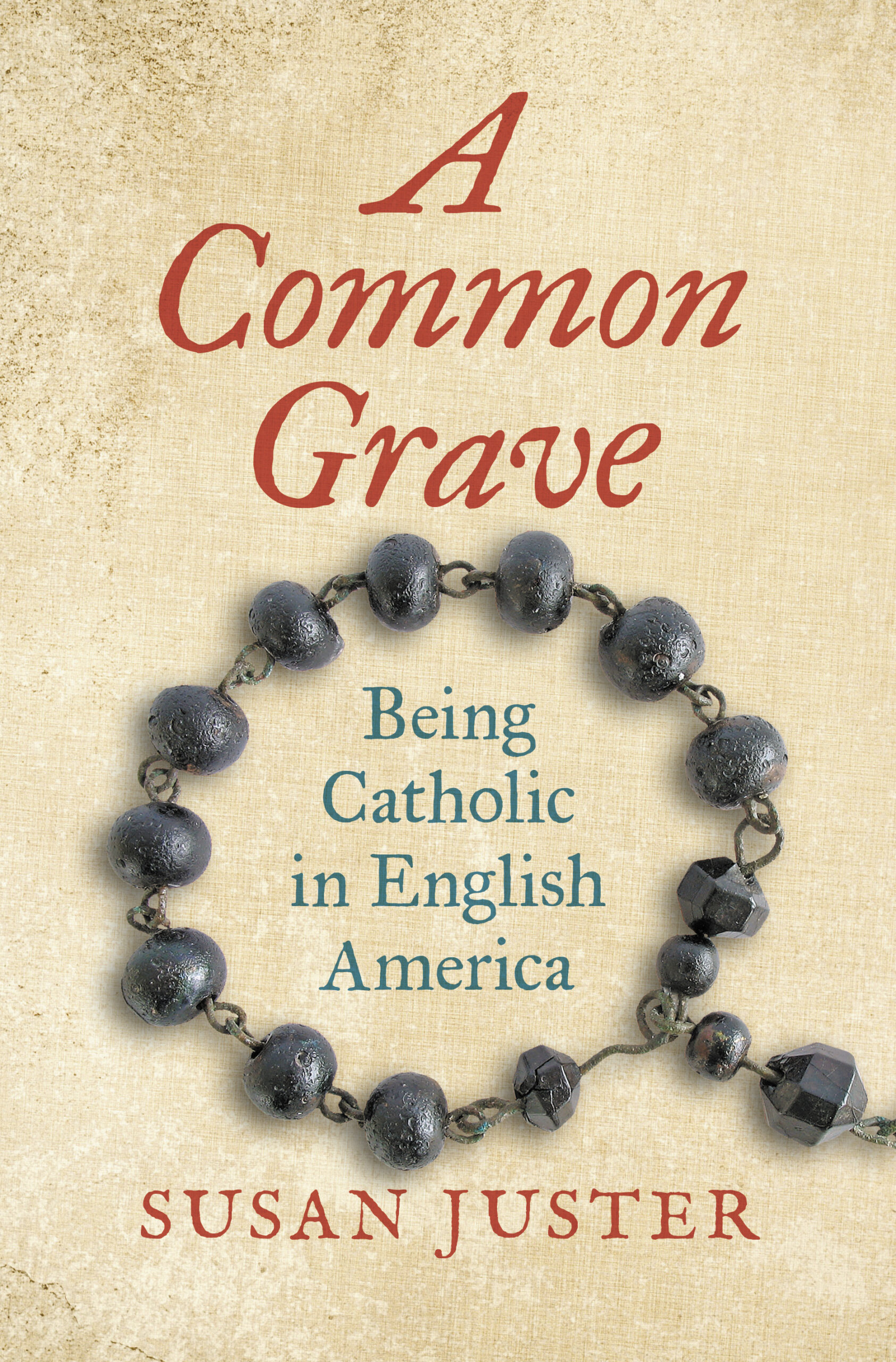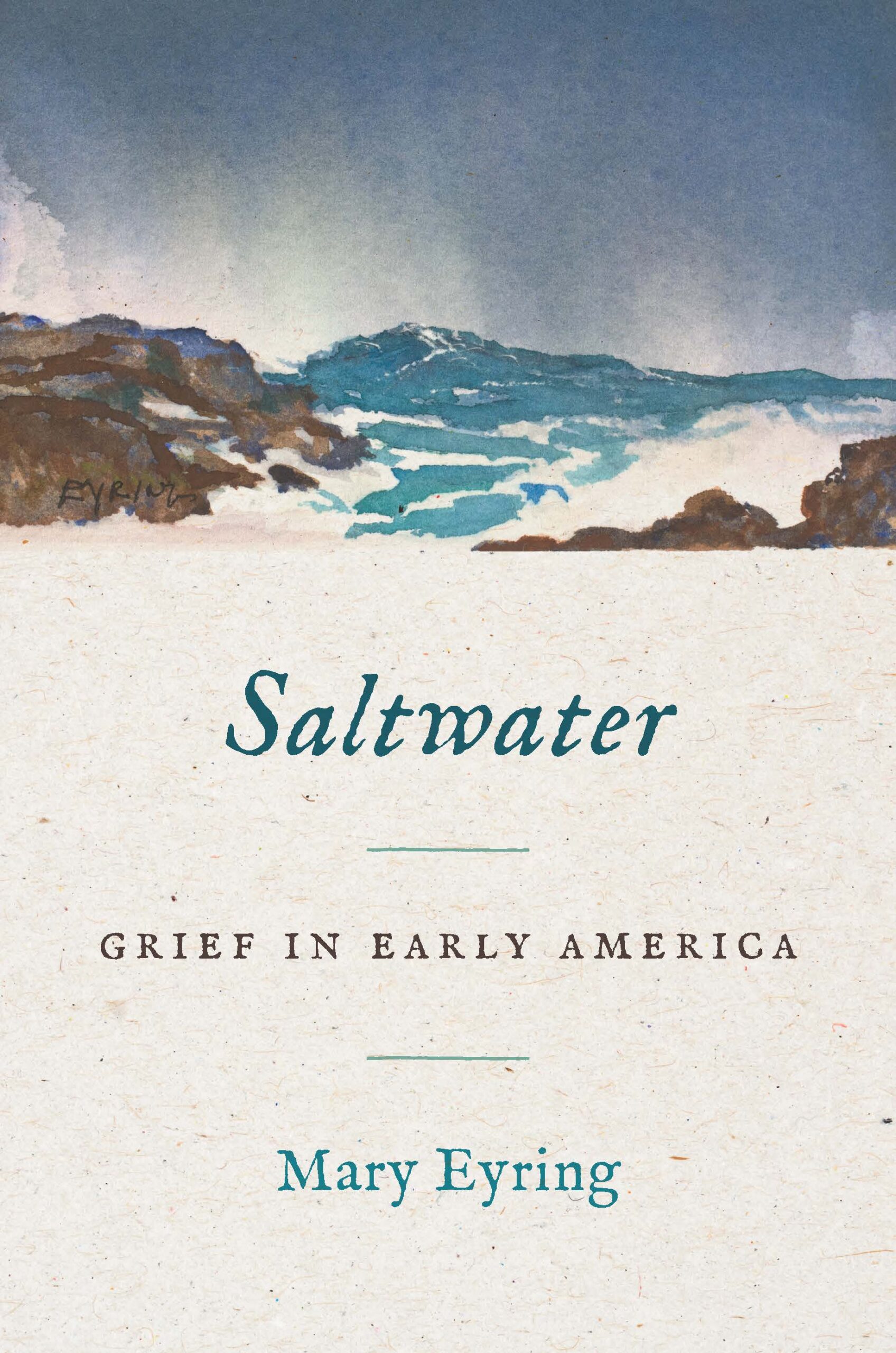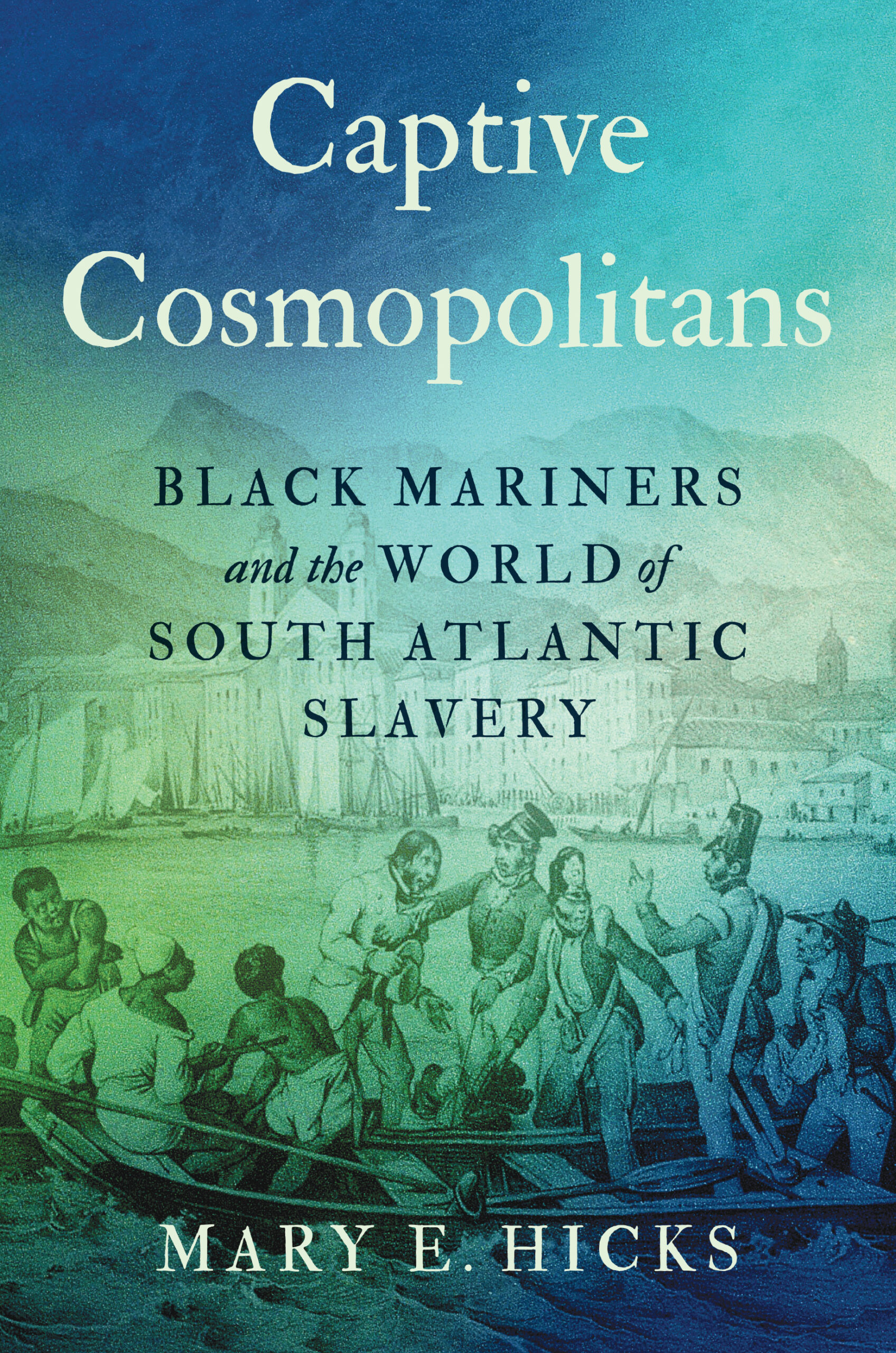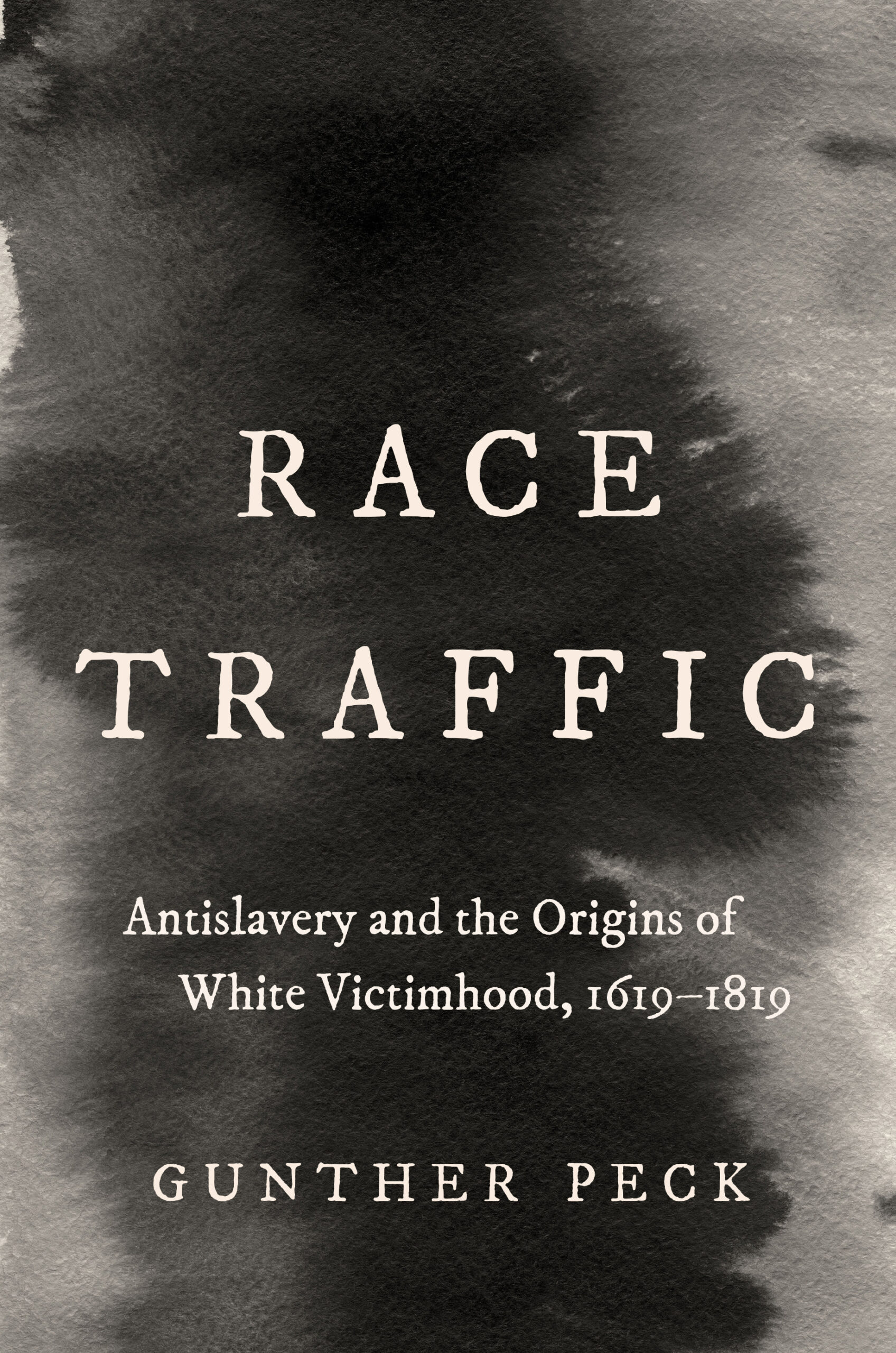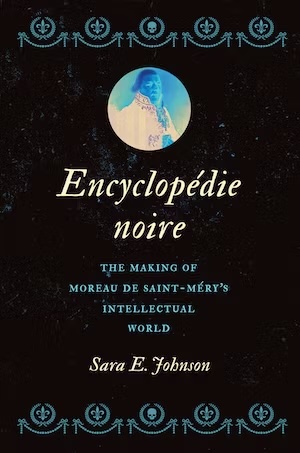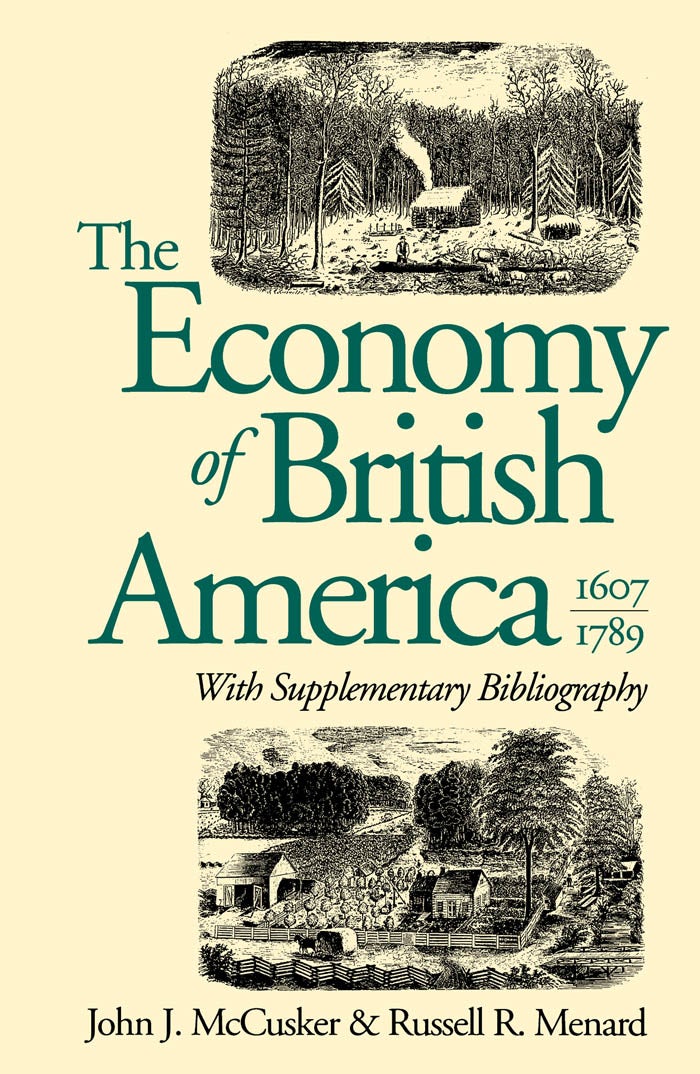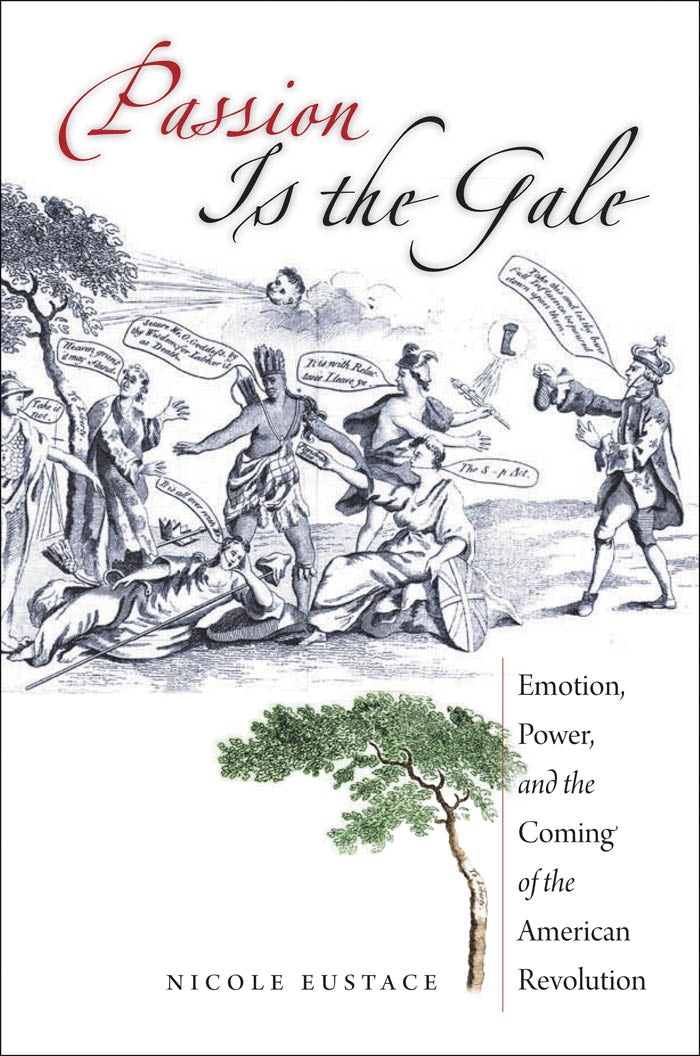
Passion Is the Gale
Description
At the outset of the eighteenth century, many British Americans accepted the notion that virtuous sociable feelings occurred primarily among the genteel, while sinful and selfish passions remained the reflexive emotions of the masses, from lower-class whites to Indians to enslaved Africans. Yet by 1776 radicals would propose a new universal model of human nature that attributed the same feelings and passions to all humankind and made common emotions the basis of natural rights. In Passion Is the Gale, Nicole Eustace describes the promise and the problems of this crucial social and political transition by charting changes in emotional expression among countless ordinary men and women of British America.
From Pennsylvania newspapers, pamphlets, sermons, correspondence, commonplace books, and literary texts, Eustace identifies the explicit vocabulary of emotion as a medium of human exchange. Alternating between explorations of particular emotions in daily social interactions and assessments of emotional rhetoric’s functions in specific moments of historical crisis (from the Seven Years War to the rise of the patriot movement), she makes a convincing case for the pivotal role of emotion in reshaping power relations and reordering society in the critical decades leading up to the Revolution. As Eustace demonstrates, passion was the gale that impelled Anglo-Americans forward to declare their independence–collectively at first, and then, finally, as individuals.
About The Author
Nicole Eustace is associate professor of history at New York University.
Reviews
“Eustace’s unique contribution adds to the already bountiful number of volumes on the subject. . . . Well written and encompassing. . . . Recommended.”–Choice
“An important book in a field of growing appeal, and the University of North Carolina Press have given it a beautiful production.”–Times Literary Supplement
“Eustace’s meticulous exploration of feeling’s intersections with gender, race, class, and variety of power plays situates her book in the new history of emotion, but it is equally grounded in the older history of ideas.”–American Historical Review
“Tackle[s] an original and important subject and elegantly explain[s] complex developments with great clarity. . . . Exemplifies the best of recent cultural history by effectively fusing intellectual and social history.”–Journal of American History
“Fascinating. . . . An impressive body of evidence that incorporates personal journals, commonplace books, correspondence, political and religious tracts, public records, and newspapers. . . . An eminently humane piece of scholarship.”–Pennsylvania Magazine of History and Biography
“In this provocative study, Eustace boldly advances a ‘history of eighteenth-century American emotion’. . . . Strikingly original readings of a wide range of documents.”–Journal of Interdisciplinary History
“Dr. Eustace has, through exhaustive research, gotten inside the collective colonial psyche and greatly expanded our understanding of the interconnections between available, often complex ideas and the various audiences living in eighteenth-century America.”–Southern Historian
“Reveals a new landscape for the pivotal events leading to American independence. . . . A path-breaking work. . . . Deeply researched and clearly argued. . . . All early American historians should read it, along with all scholars of the history of emotion.”–Journal of Social History
“Sweeping in scope, subtle in analysis, and profound in importance. . . . Bridging intimate feelings with collective experience is a formidable task that Eustace executes with great skill. . . . A thought-provoking and creative book that provides fresh insights into the essential paradox at the heart of the American Revolution. . . . Intellectual, political, and cultural history of the highest order.”–William and Mary Quarterly
“[Eustace] carefully balances the factors most commonly considered when analyzing gender–race and status–against other important personal attributes in order to offer a nuanced analysis of masculinity and participation in the body politic in early America.”–Early American Literature
